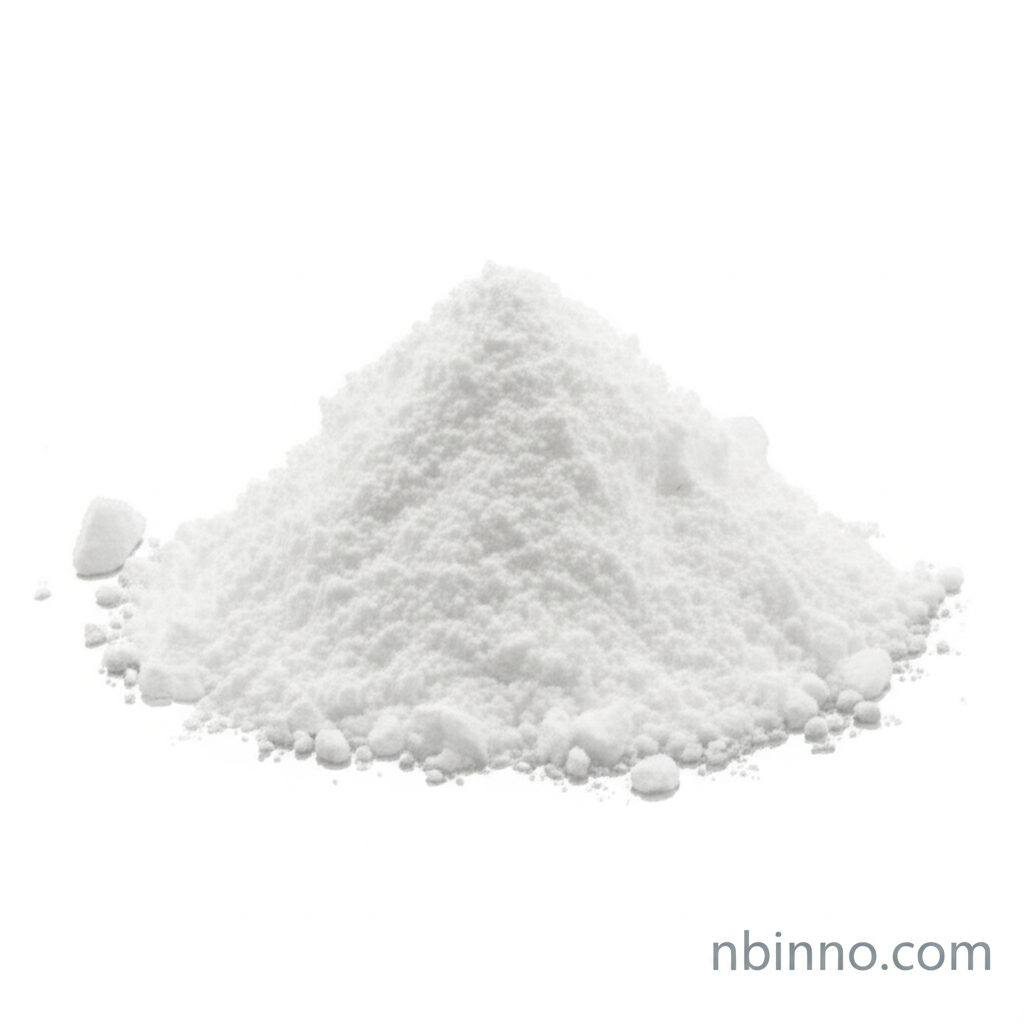High-Quality Tacrolimus Powder: Your Guide to Organ Transplant and Immunosuppression Therapy
Discover the crucial role of Tacrolimus powder in preventing organ rejection and managing immune responses.
Get a Quote & SampleProduct Core Value

Tacrolimus Powder
Tacrolimus powder is a vital immunosuppressive drug, indispensable for patients who have undergone organ transplantation. Its primary function is to prevent the recipient's immune system from rejecting the newly transplanted organ, such as a kidney, liver, heart, or lung. By meticulously controlling the immune response, this high-purity API plays a critical role in ensuring the long-term success and viability of the transplant. Beyond transplantation, it also finds significant application in topical formulations for treating various skin conditions, demonstrating its versatility in medical applications. Sourcing high-purity tacrolimus powder is essential for pharmaceutical formulations aimed at patient well-being.
- Learn about the precise mechanism of tacrolimus in preventing organ rejection, crucial for transplant success.
- Explore the diverse applications of tacrolimus, including its topical use for treating skin conditions like eczema.
- Understand the importance of understanding tacrolimus side effects and precautions for safe and effective treatment.
- Discover the various aspects of tacrolimus dosage and administration guidance necessary for optimal patient outcomes.
Key Advantages
Comprehensive Immunosuppression
Tacrolimus effectively suppresses the immune system, significantly reducing the risk of organ rejection after transplants, a critical factor for patient survival.
Versatile Therapeutic Applications
Its utility extends beyond transplantation, with topical applications proving effective in managing dermatological conditions, showcasing its broad therapeutic potential.
Critical Pharmaceutical Ingredient
As a key Active Pharmaceutical Ingredient (API), high-purity tacrolimus powder is fundamental for developing effective immunosuppressive medications and treatments.
Key Applications
Organ Transplant Management
Crucial for preventing the body from rejecting transplanted organs like kidneys, livers, hearts, and lungs, ensuring long-term graft survival.
Dermatological Treatments
Used topically for severe atopic dermatitis and other inflammatory skin conditions, offering an alternative to traditional corticosteroids.
Immunosuppressive Therapy
Its potent action makes it a cornerstone in post-transplant immunosuppressive regimens, managing the body's immune response to foreign tissues.
Ophthalmology (Veterinary)
In veterinary medicine, it's used to treat dry eye conditions and inflammation in animals, demonstrating a range of uses.
